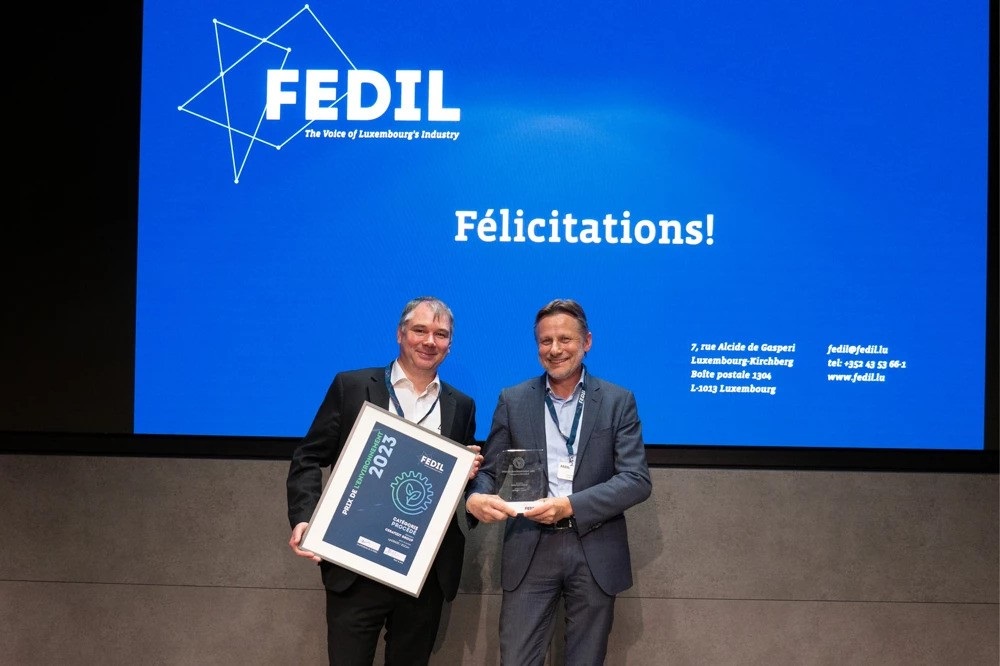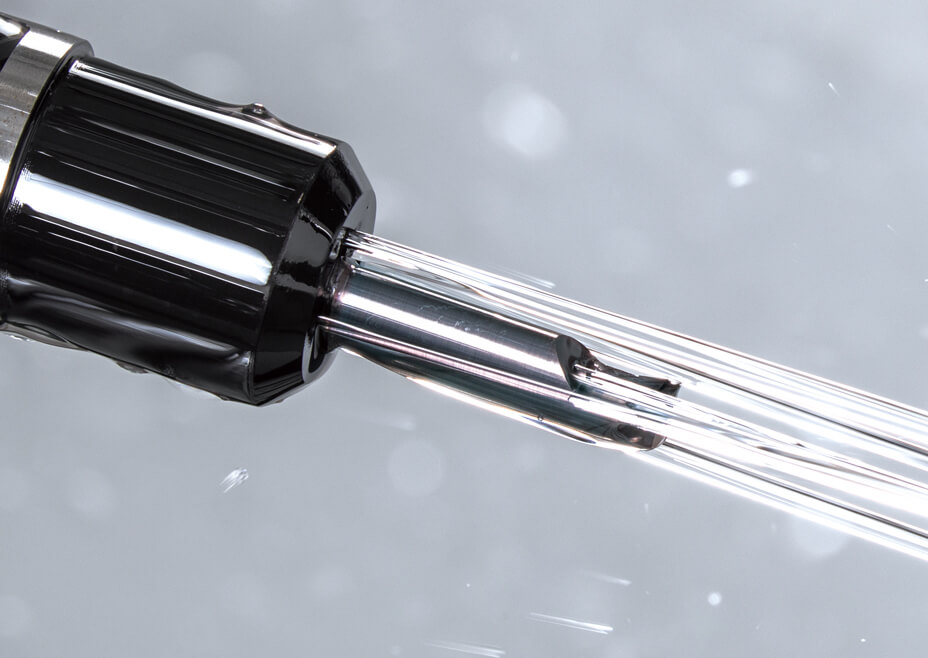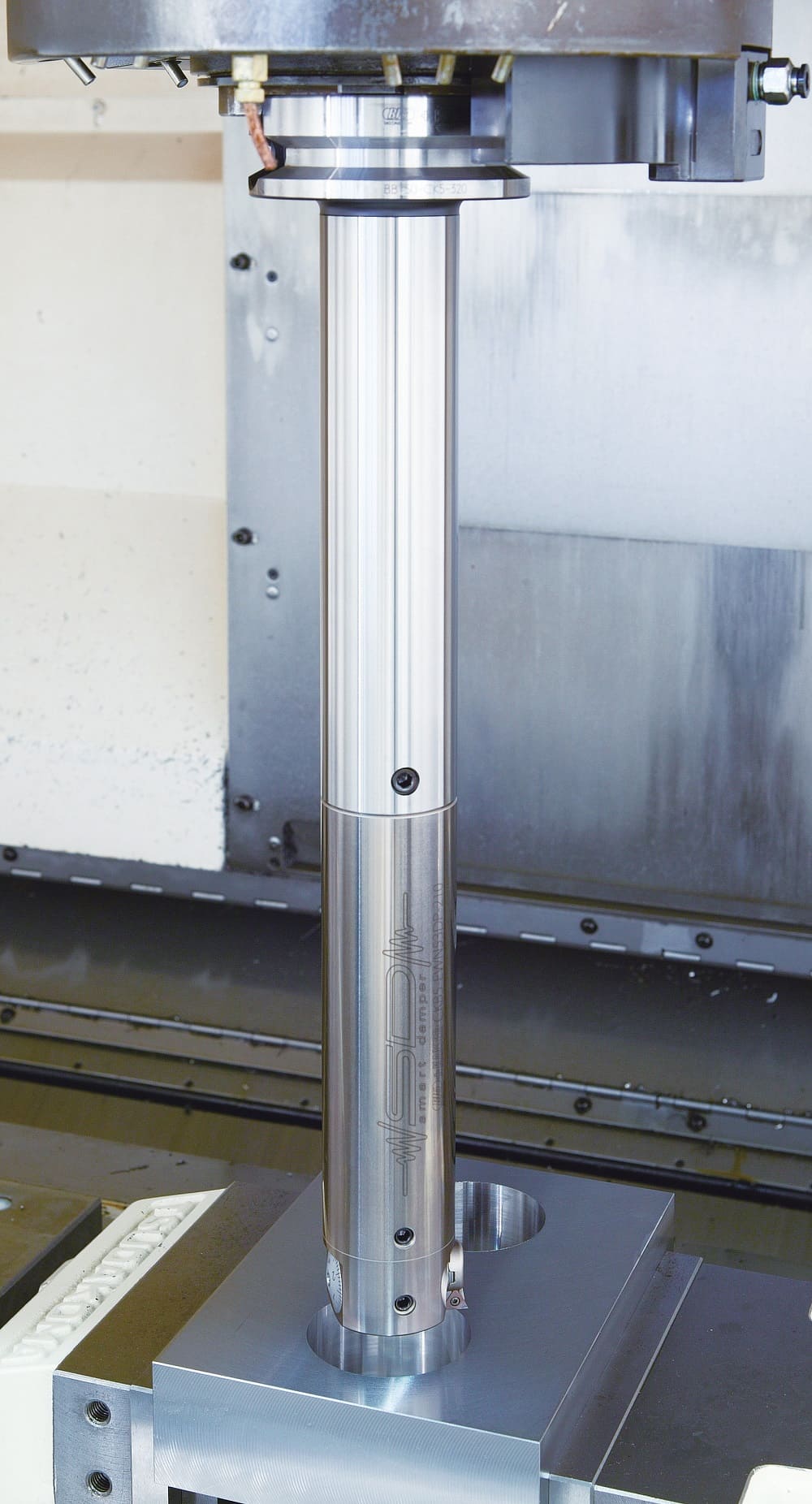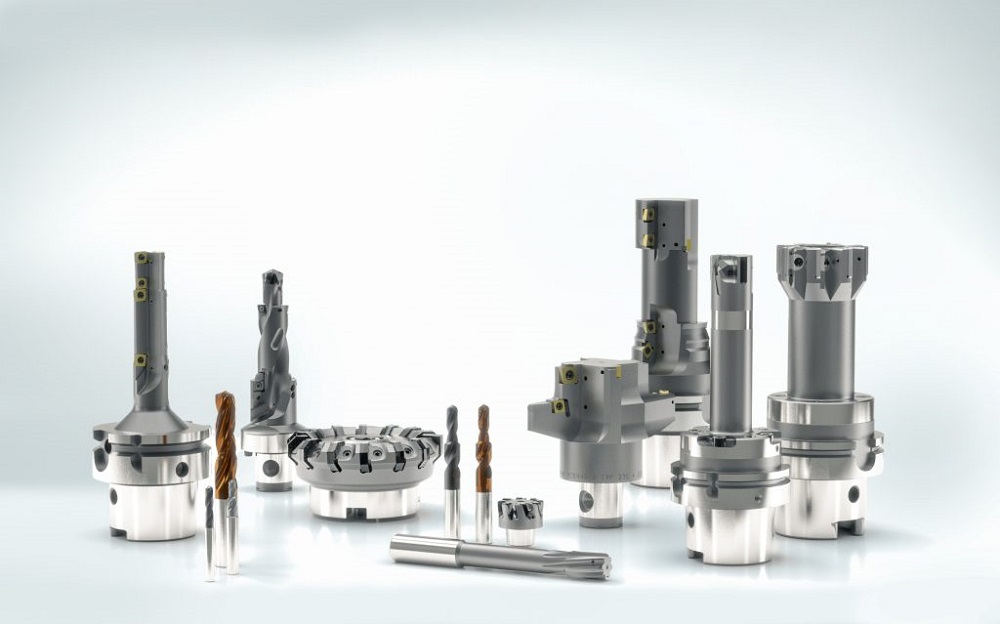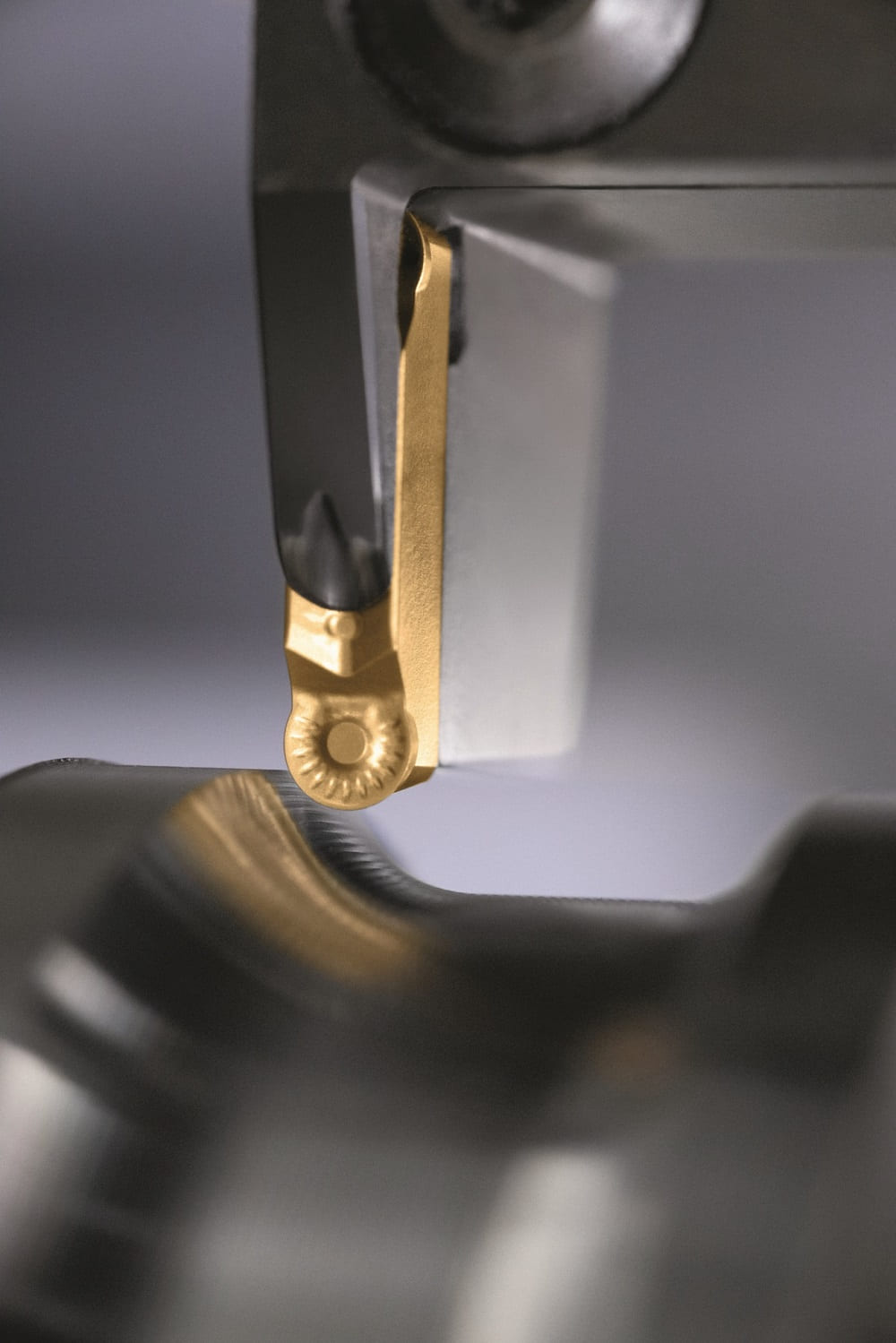Ceratizit has received the Prix de l’Environnement 2023 from Luxembourg industry association FEDIL for the process used to manufacture carbide grades in the upGRADE product family. By using secondary raw materials from an optimised recycling process, upGRADE carbide grades not only offer a particularly low carbon footprint, but also the high performance of a premium carbide grade.
“Mining ore containing tungsten at a content of 0.06%means it requires the transportation of around 200 tonnes of ore to obtain 1 tonne of metallic tungsten, which requires a lot of energy,” explains Dr Ralph Useldinger, head of group analytics and fundamental R&D. “This is why Ceratizit only uses secondary raw materials from the zinc recycling process for our upGRADE grades in order to minimise the carbon footprint of the products.”
The zinc deployed to break up the carbide structures is reused, meaning that the process produces emissions almost exclusively as a result of the necessary electricity. However, Ceratizit also scores points in this area: “Since the beginning of 2023, we’ve only been purchasing green electricity from sustainable sources,” saysexecutive board member Frank Thomé, who adds: “The upGRADE product family is an important component of our sustainability strategy. They prove that more sustainable carbide products are possible without having to compromise on performance.”
The upGRADE product portfolio currently includes the CT-GS20Y carbide grade for metalworking, which has already won the Best of Industry Award. It forms the vanguard of a product family that, according to Thomé, is set to become increasingly sustainable in the coming years: “Our goal is to be the leader in sustainability in the cemented carbide and cutting tool industry by 2025.”
For further information www.ceratizit.com






